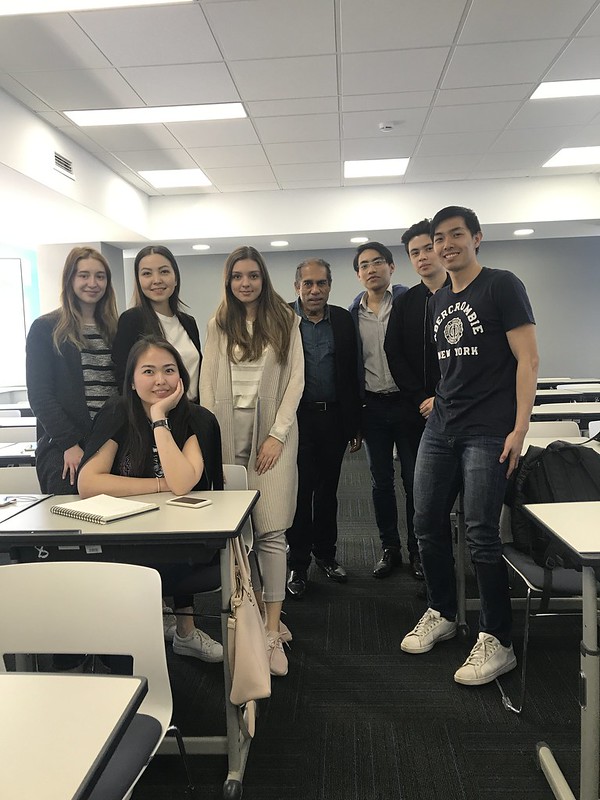Is it a crime? Should it be?
The world has become a lot more affluent over our lifetime. Heck, India has 750,000 millionaires (Dollar millionaires, not rupee millionaires). No matter how you look at it, the stakeholders of large corporations are well-off, thank you. Even if they lose 80% of their annual income , they will still be very well off indeed. This was not the case at any time in history.
So we need to redefine criminal activity for the 21st century.
In the movie “Greed”, the obnoxious super-rich textile tycoon gets fatally mauled by a lion he rented for his own birthday festivities. Well , the mauling episode was facilitated by an young woman employee who “accidentally” pressed the button to open the cage door. It was also witnessed by a resident journalist who was so ” horrified” that he did not call for help , nor report the incident to the cops later.
Are these two people guilty of murder of a horrible human being? The answer is yes!
Since the Roman times where angry and hungry lions were released to prey on slaves for the enjoyment of the spectators, every society frowns on unleashing lions to prey on human beings, no matter how despicable the human being may be. Further , such acts are considered as heinous as first –degree murder and punishable as such.
Consider now a different act. You force a family of three (includes a small child) to live in a small windowless, stuffy room. They can only go outside for twelve hours of backbreaking manual labor every day. You make them eat small, inadequate portions of rice or bread and some basic veggies. The child gets sick but you forbid the parents to seek medical care –she eventually dies. The parents survive ten of fifteen years of your torture and succumb to some common disease because they are very weak.
Are you guilty of murder or abetment to murder? If you do this in USA or in Europe, then you will be guilty of forced labor, torture, imprisonment, child endangerment and a whole bunch of other crimes besides accessory to murder, and will be punished accordingly.
Then why would a multi-national corporation be allowed to pay wages that force people to live like the family described above? Oh yes, to maximize corporate profits! To keep the price of designer jeans and shoes competitive!
F**k that!
I would apply the same criterion as in advanced countries and declare these wages “criminal” wages.
How much wage is considered non-criminal? Well, I have an Econ Ph.D. , so do a lot of others, we will gladly calculate the minimum non-criminal wage for every country and share the information with others.
It is time to change the laws!
The fact that in poor countries employers pay low wages to local workers , does not matter in the 21st century! There are Masai tribes in Kenya who willingly live in areas infested by lions and sometimes get mauled by them, yet releasing a lion to maul humans in a developed society remains a capital offense.
What about labor economics 101 – one uniform wage in a competitive labor market! Well, violating that for a rise in social welfare is not such a big deal. Will this have a serious effect on indigenous enterprises? Since the number of multi-national factories is still relatively small in each Asian or African country, having a dual wage rate is not going to be seriously disruptive.
Yes it will increase the price of consumer goods in the Western societies by about 20 to 25% at the most, but it is a small price to pay to stop people from being murdered, isn’t it?
If anything, it will also shame some new millionaires in India into paying a non-criminal wage to their employees!!




